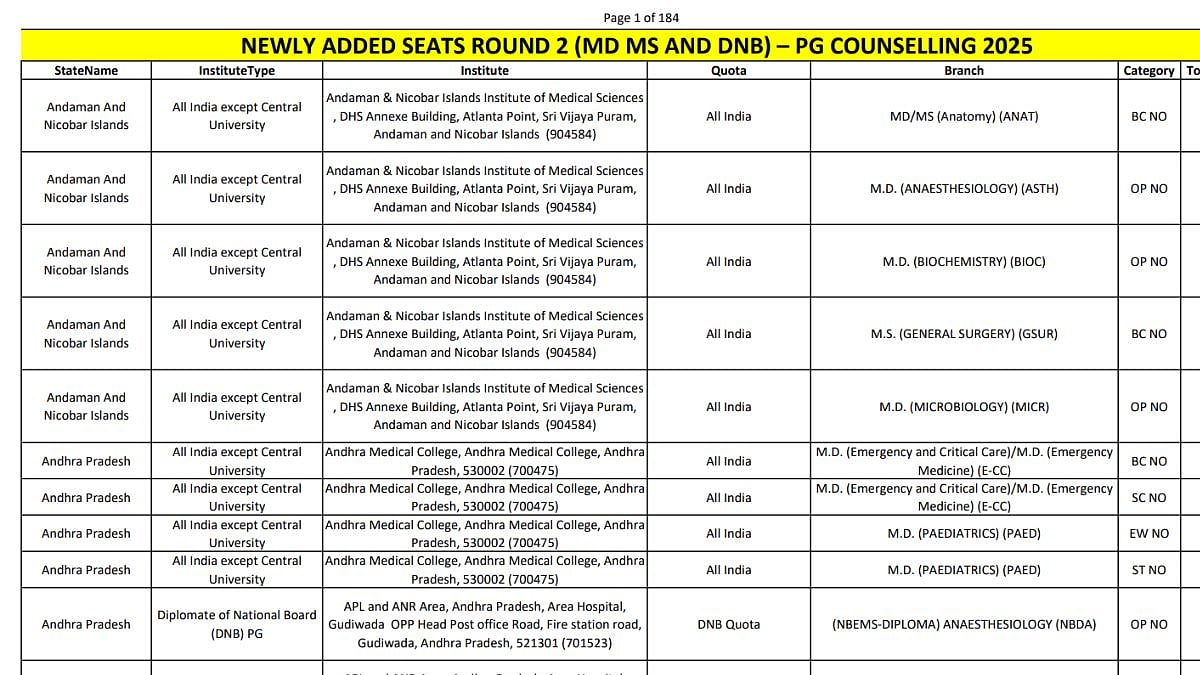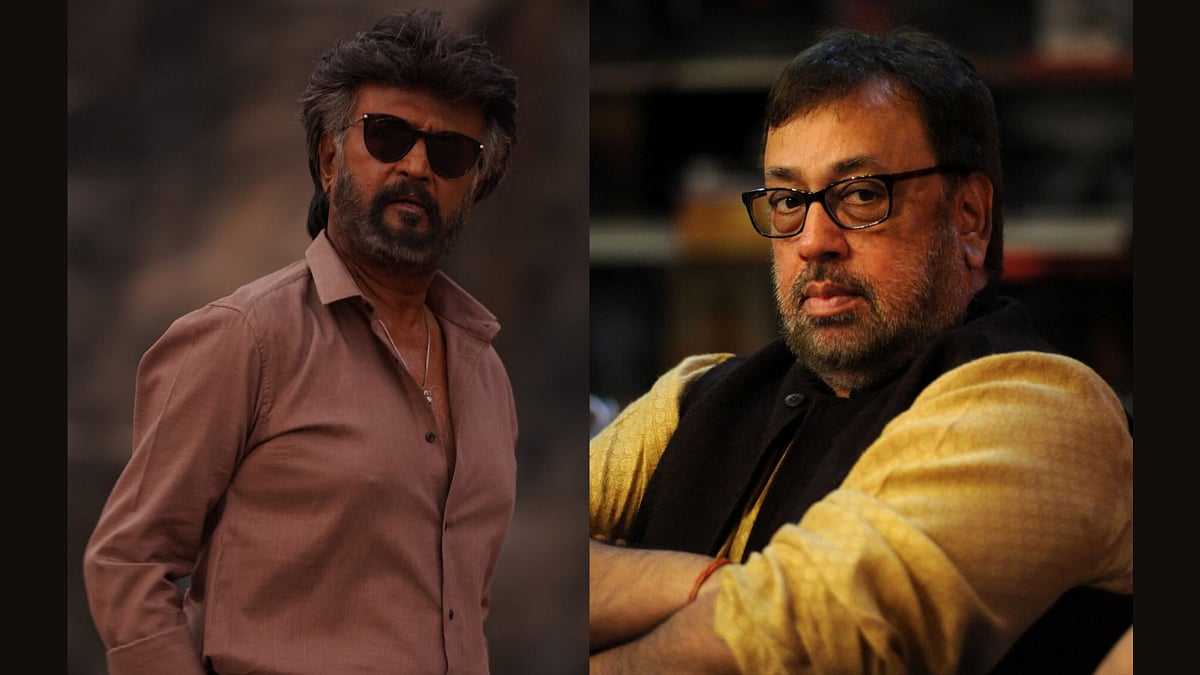Sudha Bharadwaj chose to surrender her US passport and dedicate her life to fighting the battles of exploited labourers in Chhatisgarh. Her activism led to her arrest in 2018 in the Bhima-Koregaon violence case along with 15 others, and she spent three years in jail — in Pune and Mumbai. She is currently out on bail and therefore cannot comment on the case as an under trial.
She speaks about her time in jail, the unlikely friendships she made, and how she became ‘vakeel aunty’ to many poor inmates and even helped get some out on bail.
Excerpts from the interview:
Your bail terms don’t allow you to leave Mumbai. What have you been doing?
I came out in December 2021. For the first few months I was just getting my sureties. I didn’t have work or a place to stay. But now I’m supported by some trade unions I do labour cases. I also work alongside a senior advocate. A friend was kind enough to let me stay in her house. I am settled, I’ve become a Mumbaikar. I’ve been travelling up and down by local train.

You’ve been forced to become a Mumbaikar. Were you busy working on your book?
Actually this was all written in Yerwada in the first half of my incarceration. That’s why it’s titled From Phansi Yard, because we were launched in phansi yard (death row) at that time. So when I came out I had those notes and I typed them out and some friends thought it was worthy of publication, and yes it’s out as a book. I’m as surprised myself.
Wasn’t it intimidating being in phansi yard?
For some reason we were kept in phansi yard in Yerwada, I’m not sure why because later when were moved to Byculla we were kept in the barrack. Maybe it was the decision of the jail administration. So the phansi yard there consists of five cells. There were two sisters there on death row and then there was myself and Dr Shoma Sen who is a co accused in the same case. And one cell was used as a storeroom. These cells are abutting on a corridor and all this was inside a cage. Sitting in a corridor and watching people in the grounds, because it overlooked a growing. Or from the back of our cell we could see the factory where people would come to work. For me I am a person who got involved in the trade union movement from the young age of 25. So, I’m so used to being with people and this experience of being solitary in a cell was very unnerving for me. So writing was my way of reaching out to the women I saw.
You say in your book, “It calmed me. It helped me understand where I was, and didn’t leave any scope for self-pity” (sic).
I would keep watching and something would catch my eye and then later on when we were filling water or going for mulakat and sitting in the van going to court, or to the canteen then I would get a chance to talk to these women inmates. For many of these women they are abandoned and illiterate. They don’t understand the legal system. How do they cope? My book is basically about how they cope.
Which was the most unlikely friendship you made?
I made many unlikely friendships but one friend I would like to mention in the Byculla jail who was a mentally challenged beggar woman who was implicated in the murder of her husband. She used to sleep by the Bandra skywalk. And it was obviously a ridiculous case in which she was implicated. She was not even in the right frame of mind, because she used to keep telling me, ‘oh my husband is alive, they brought him over here’. I would say, ‘this is a women’s jail they cannot bring him over here’. So she was that far gone. Obviously she was not a murderess. I actually started by being her protector. Then she attached herself to me, like ‘Mary had a little lamb’. Then she got psychiatric medicines and eventually my lawyers also helped to get her bail. She got out before I did. And the day I got bail everybody said, ‘yeh to unki dua lag gayi aap ko’ (You got bail with her blessings).











